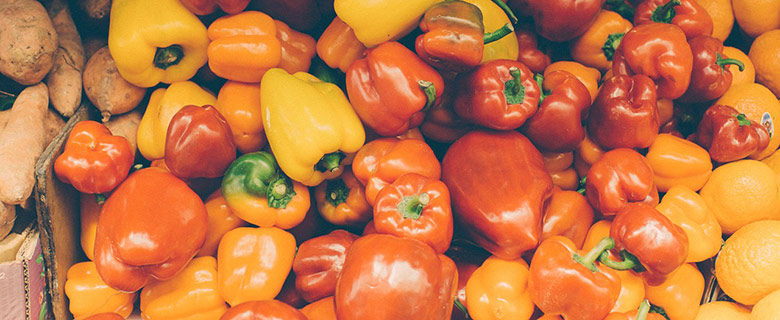
“Vegetarian cuisine is a great medium. There is no reason why you cannot make something amazing out of vegetables alone,” says Justin Horne, the chef behind London’s Tiny Leaf restaurant.
Aside from an expansive and vegetarian-friendly menu, Horne’s latest enterprise is believed to be the first zero-waste eatery in the capital.
The venue – which Horne runs alongside the former general manager of the Chiltern Firehouse, Jonathan Krauss – will attempt to educate people about how to reduce their carbon footprint by promoting regional and seasonal produce.
The kitchen will rely on donations and surplus food to create a number of daily menu items.
“Essentially,” Horne continues, “we want to educate [and] inspire and also have some fun in exploring this new approach to food.”
The opening of Tiny Leaf comes at a time when food waste in the British restaurant and hospitality sector could top £3 billion. A 2013 report, published by the Waste Resources Action Programme (WRAP), projected that the cost of waste food thrown out by restaurants and hotels was on the up.
The figure took into account the cost of labour, ingredients, energy, transport and waste management. WRAP proclaimed that the projected total would amount to one in every six meals served go to waste.
The report also published the following findings:
- The total amount of waste (including food, packaging and other ‘non-food’ items) produced by the foodservice sector was just shy of 3 million tonnes.
- About 750,000 tonnes of food waste is avoidable and could have been eaten.
- Nearly half of all food waste arises from food preparation error, a third comes from customer leftovers and a fifth from spoilage.
- Over half (56%) of ‘non-food’ waste thrown away could be recycled.
